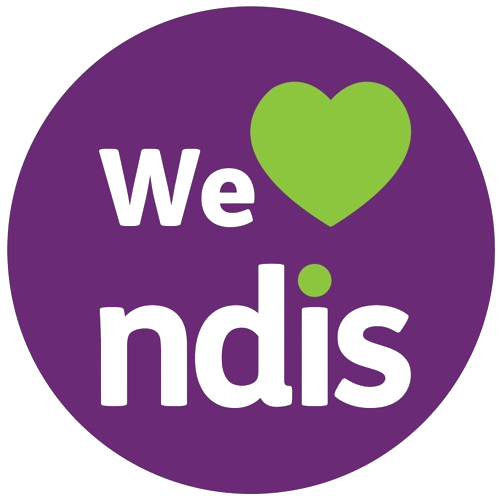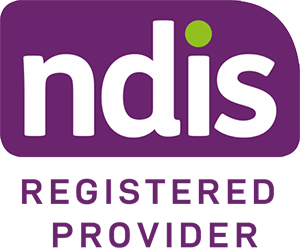People seek psychological assessments for various reasons. It may be to explore ADHD, autism, cognitive abilities, intellectual development, or behavioural challenges. At Beam, our team conducts comprehensive assessments to help individuals better understand their strengths and differences, access appropriate accommodations, and, in some cases seek clarification on diagnosis which may assist in obtaining ongoing support and funding.
Here’s the thing: an assessment isn’t about labels or fixing anything. It’s about understanding how someone’s brain works, what makes them unique, and finding ways to support them in being their best, most comfortable self.
The good news? Talking to your child about an assessment can actually be an empowering and positive experience. Preparing them for the process can reduce anxiety, empower them to share their experiences, and create a more relaxed, informative journey.
How to Talk to Your Child About Their Psychological Assessment
1. Explain who they are meeting and their role
Letting your child know who they will meet, and what their role is can help reduce worry and increase their sense of safety and understanding.
Example: “Next we’re going to meet a person called [psychologist’s name]. They are a psychologist, and they will help us to understand how your brain works.”
2. Highlight the purpose
The word ‘assessment’ can sound intimidating, especially to children who associate ‘tests’ with school. Use simple, friendly language to explain what’s ahead. You might say something like:
“We’re going to meet someone who wants to learn all about how your brain works and what makes you, you. It’s not a test or a quiz — just a way to understand what helps you thrive.”
This helps take the pressure off and frames the experience as a fun exploration rather than something to worry about.
Psychological assessments often don’t look like standard paper and pencil tests that you complete at school. Instead, they might involve games, conversations, and activities. Some however, maybe the ‘standardised assessments’, might feel similar to school work, but there is no right or wrong answers – only their answers. These assessments help identify areas where support may be needed while also recognising strengths.
Examples of what you can say:
- “[Psychologist name] will talk to you about your brain and do some activities to find out what it likes.”
- “It’s all about you and your brain, so its important to share what you like and what feels tricky. They want to hear what you think.”
- “This isn’t a test, but if any part of it feels like schoolwork, just try your best.”

3. Normalise brain differences
Even from a young age, many kids want to fit in and not appear like the odd one out. Therefore, it is important to emphasise that everyone’s brain works differently. A great analogy is personal preferences, such as preferring to write with a blue pen instead of a black one. Reinforce that there’s no right or wrong way for a brain to be – just differences!
Example: “Everyone’s brain works in its own way. Some people like routines, while some people like surprises. Sometimes our brains find some things tricky like school, or talking to people, this is just because our brains like to think in different ways. [Psychologist name] will help us find out what ways feel right for your brain.”
4. Explain the length of the assessment
Assessments vary in duration depending on what is being explored. Some can take a single session, while others require multiple visits. It is best to discuss this with your psychologist to get a better understanding of the time your assessment may take. It may also take time for the psychologist to gather and interpret all the information. Let your child know that they might not receive immediate answers, as the psychologist is putting everything together to provide the best support possible.
5. Validate their feelings
As children grow up, we often tell them not to talk to strangers, and hence they may be nervous in meeting a new person. It is important to highlight that it is ok to be unsure, and provide reassurance.
Example: “It’s totally fine to feel a bit nervous. We’ll do this together, and you can ask as many questions as you want”.
Give your child as much choice as possible within the process to help them feel more in control.
6. Use stories or books
Books and stories can be helpful tools in explaining brain differences. Consider using resources like The Rainbow Brain, The Brain Forest, or My Brain is a Race Car. There are also many celebrities, such as Chloe Hayden, Keira Knightley, and Michael Phelps, who openly discuss their unique brain differences . Exploring these stories together can help children feel understood and valued.

Final Thoughts
A psychological assessment is a valuable step toward understanding and supporting your child’s unique needs. By approaching the conversation with warmth, positivity, and curiosity, you can set the stage for a supportive and empowering experience.
Remember, you know your child best. Trust your instincts, keep the conversation open, and remind them that this process is all about helping them thrive. If they have questions, that’s a great thing! Answer with honesty and encouragement.
The assessment process doesn’t have to be scary. Many children find comfort in understanding how their brain works, especially when they realise that everyone’s brain is different in its own unique and wonderful way.
Learn More or Book an Assessment
If you have more questions about the assessment process, take a look at our blog Psychological Assessments: What, Why and How? for more details.
Considering an ADHD, autism, or cognitive assessment for your child? Contact Beam today to learn more about our assessment process and how we can support your family.











